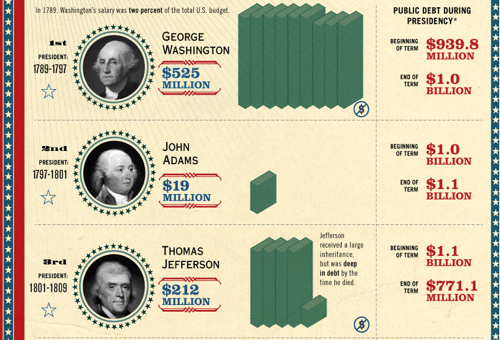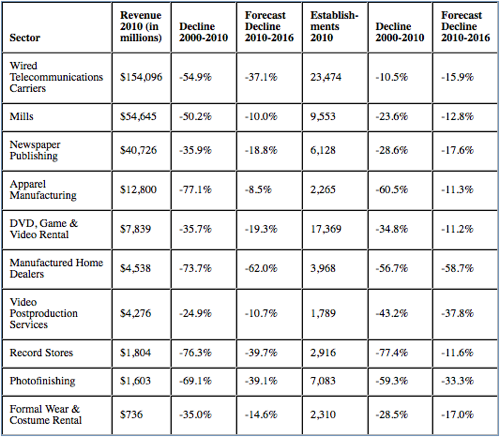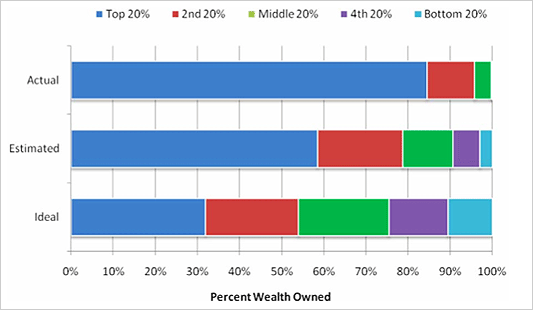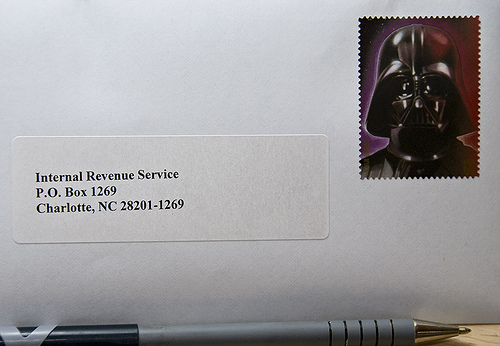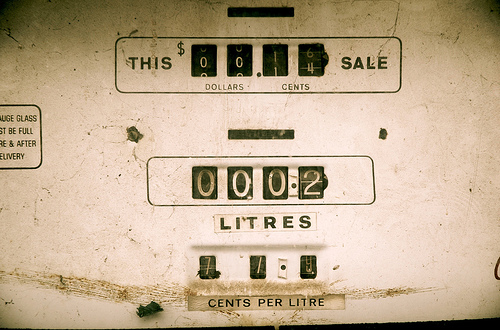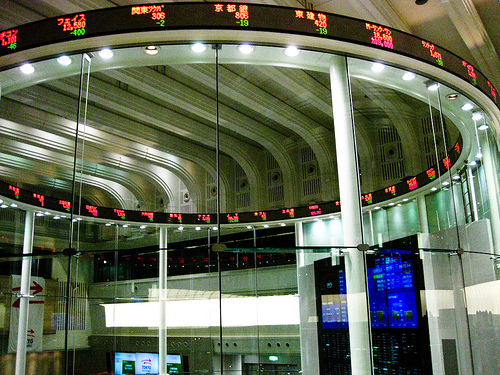Socially responsible investing connects your interests and personality to your financial resources. When you invest in a socially responsible way, you ensure that your portfolio earns a competitive rate of return while also making a positive social and environmental impact. For example, you might invest in companies that have good employee relations, diversity in the workplace, a commitment to clean air, or that use sustainable forms of energy.
Companies are deemed socially responsible by research firms such as Calvert, Social Funds, and KLD Research & Analytics. They evaluate a company on its level of social responsibility based on the quality of its social, environmental, and governance (management) policies.
So how do socially responsible investors find a company they want to invest in? They use a process called screening, which considers whether or not a company’s values align with their own. For example, some investors screen out companies that pollute, that abuse their workers, or that produce harmful products like cigarettes.
Once you’ve found a company you like and decide to invest, you become a shareholder of that company. At socially responsible companies that means you stay involved and informed in the goings-on of the business. This is because socially responsible management is committed to keeping shareholders in the loop, and shareholders are encouraged to be involved corporate management.
Socially responsible investing is also called mission-based investing, sustainable investing, ethical investing, green investing, responsible investing, and value-based investing.
